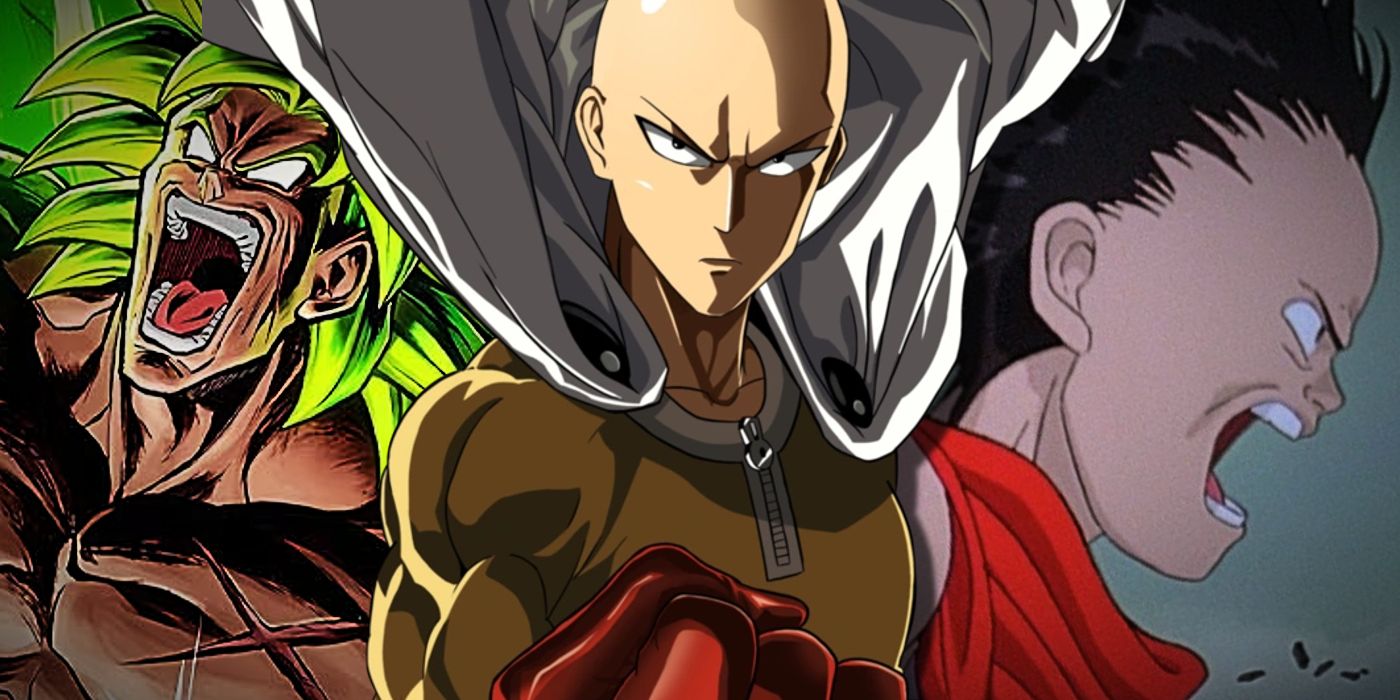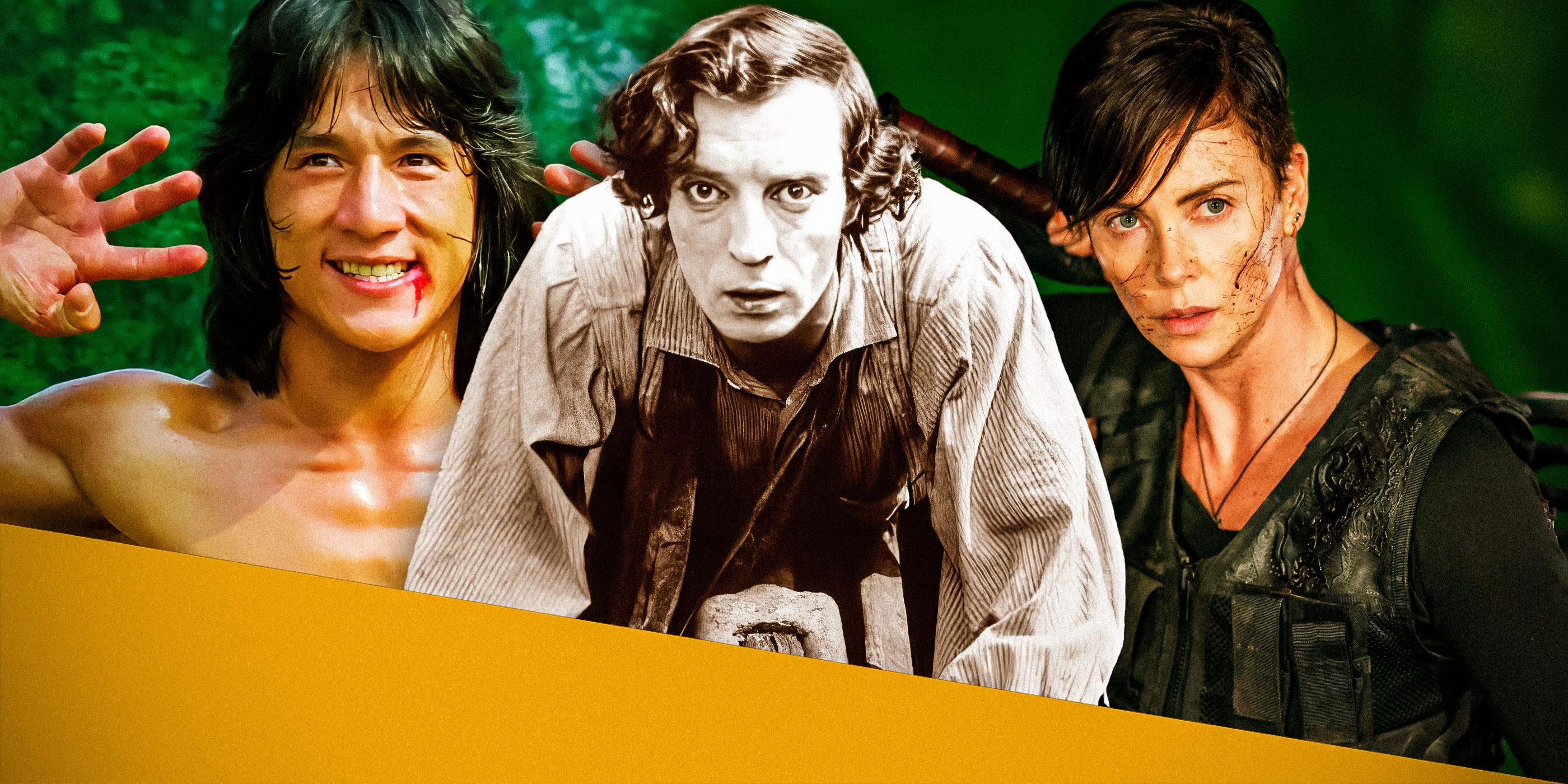Nominations voting is from January 8-12, 2025, with official Oscar nominations announced January 17, 2025. Final voting is February 11-18, 2025. And finally, the 97th Oscars telecast will be broadcast on Sunday, March 2, and air live on ABC at 7 p.m. ET/ 4 p.m. PT. We update our picks throughout awards season, so keep checking IndieWire for all our 2025 Oscar predictions.
The State of the Race
The 2025 ACE Eddie Award nominees were announced on December 11, giving a boost to buzzy contenders “Emilia Pérez” (Netflix), “Conclave” (Focus Features), “Wicked” (Universal), and “The Substance” (MUBI). The winners will be announced at the awards ceremony on January 18, 2025, at UCLA’s Royce Hall.
The drama nominees went to “Civil War” (Jake Roberts), “Conclave” (Nick Emerson), “Dune: Part Two” (Joe Walker), “Emilia Pérez” (Juliette Welfling), and “Furiosa: A Mad Max Saga” (Eliot Knapman, Margaret Sixel).
The comedy nominees consisted of “Anora” (director Sean Baker), “Challengers” (Marco Costa), “A Real Pain” (Robert Nassau), “The Substance” (Coralie Fargeat, Jérôme Eltabet, Valentin Féron), and “Wicked” (Myron Kerstein).
Among the snubs were “The Brutalist,” “Gladiator II,” “Nickel Boys,” “A Complete Unknown,” “Blitz,” and “September 5.”
“Conclave,” Edward Berger’s follow-up to “All Quiet on the Western Front,” is a psychological thriller in which Ralph Fiennes’ Cardinal searches for a successor to the deceased Pope, who harbored a dark secret. Editor Nick Emerson handles the slow burn of all the claustrophobic machinations of selecting a Pope in a sequestered enclave in the Vatican, moving the mystery along in the confined setting, with the added drama concerning a crisis of faith for Fiennes.
In “Dune: Part Two” (Warner Bros.), Oscar-winning editor Joe Walker (“Dune”) had a lot more action to deal with in expanding Denis Villeneuve’s sci-fi epic. It became a high-octane “Lawrence of Arabia” in space: a love story and political adventure in which Paul’s (Timothée Chalamet) would-be messiah leads the nomadic Fremen in battle on Arrakis, which leads to a holy war. Indeed, the battles demanded a faster pace, more compression of time, and less exposition. Cutting “Part Two” was almost like riding the sandworm into the heat of battle as a desert guerilla fighter. Walker told IndieWire that it was “bignormous.”
 ‘Emilia Perez’Courtesy of Netflix
‘Emilia Perez’Courtesy of Netflix“Emilia Pérez,” the musical crime thriller from Jacques Audiard, stars Zoe Saldaña as a disgruntled lawyer who assists the titular Mexican cartel leader (Karla Sofía Gascón) in undergoing gender confirmation surgery. The director audaciously offers an operatic fever dream about the hope of a new life through song and dance — but it’s also about the difficulty in leading double lives. Go-to editor Juliette Welfling finds the proper operatic rhythm and pacing to accommodate the different stylistic mixtures.
In “Wicked,” Jon M. Chu’s adaptation of the Broadway musical by Stephen Schwartz and Winnie Holzman, we get the unlikely friendship between Elphaba (Cynthia Erivo), a compassionate girl with green skin, and the conceited Galinda (Ariana Grande), who eventually become the Wicked Witch and Glinda the Good. Chu’s go-to editor, Myron Kerstein, got a crash course in VFX-heavy movies to prepare for the workflow. The movie offers musical spectacle that leans into magical realism as well as the intimate drama between the two leads, which primarily takes place at Shiz University before a meeting with The Wizard (Jeff Goldblum) in Emerald City.
With “Challengers,” director Luca Guadagnino tackles the competitive nature of tennis as a love triangle involving former tennis prodigy-turned-coach Zendaya, her husband and slumping tennis champ Mike Faist, and low-circuit tennis player Josh O’Connor, who is her ex-lover and his former best friend. Editor Marco Costa juxtaposes the relationships and rivalries in non-linear fashion across 13 years, with the matches reflecting their changing emotional and personal dynamics. The editing is built on geometries and shapes, inspired by the image of the triangle. He created symmetries and complementary movements, imagining the tennis court net as a mirror in which the characters reflect themselves. He also deconstructed time using numerous slow-motion shots, which are broken and fractured by hyperkinetic energy and accelerations and slowdowns, just like the pacing of tennis matches.
Alex Garland’s “Civil War” (A24) follows a group of war journalists (Kirsten Dunst, Wagner Moura, Cailee Spaeny, and Stephen McKinley) from New York City to Washington, D.C., during a civil war that grips the country. Roberts cuts back and forth between the authentic-looking guerilla combat aesthetic and the still photography taken by Dunst and Spaeny, who get caught up in an “All About Eve” dynamic.
“The Substance,” Coralie Fargeat’s body horror fairy tale, concerns Demi Moore’s Elisabeth, who is reborn as twenty-something Sue (Margaret Qualley) thanks to a miracle drug, which causes a tug-of-war for possession of the younger body. The editors embrace a maximalist approach to the gory satire, in which the two women are transformed into horrifying creatures.
“Nickel Boys” (Amazon MGM Studios), RaMell Ross’ adaptation of Colson Whitehead’s Pulitzer Prize-winning novel, follows two Black teenagers, Elwood (Ethan Herisse) and Turner (Brandon Wilson), who become friends as wards of a barbaric juvenile reform school in Jim Crow–era Florida. The film is a sensory experience about their different POVs — hope and despair— with lots of abstract imagery. Editor Nicholas Monsour (“Nope”) said it was crucial “that the editing techniques we used met the highest technical and dramatic expectations of a contemporary audience in order to accentuate the more experimental gestures RaMell made to reorient the viewer’s mode of perception.”
 ‘Wicked’Universal
‘Wicked’Universal“September 5” (Paramount), director Tim Fehlbaum’s (“Hell”) docudrama about ABC Sports’ groundbreaking broadcast of the Israeli terrorist attack during the 1972 Munich Olympics, recalls “All the President’s Men” as a suspenseful, journalistic procedural. Go-to editor Hansjörg Weißbrich handles the fast-paced narrative. The editor seamlessly alternates between the ABC archival footage of Jim McKay’s broadcast on the monitors and the dramatic recreation.
“Gladiator II” (Paramount), Ridley Scott’s sequel to his Oscar winner, takes place two decades later as the Roman Empire continues to implode. Cut by go-to editors Claire Simpson and Sam Restivo, the sequel concerns Lucius (Paul Mescal), the former heir to the Empire, forced to enter the Colosseum as a ruthless gladiator. Denzel Washington’s Macrinus uses Lucius as part of his power play against the mad twin emperors, Caracalla (Fred Hechinger) and Geta (Joseph Quinn), by pitting him in the arena against Pedro Pascal’s Roman general, Marcus Acacius. The editors deftly balance the action-packed spectacle in the Colosseum (which includes fighting baboons and naval combat in water and stocked with sharks) with the Lucius revenge story and Macrinus’ political maneuvers.
“The Brutalist” (A24), from director Brady Corbet (“Vox Lux”), is a 215-minute epic shot in VistaVision, spanning 30 years in the life of László Tóth (Adrien Brody), a Hungarian Jew and Auschwitz survivor who struggles as a visionary architect before being offered a massive project by industrialist Harrison Lee Van Buren (Guy Pearce). The Brutalist architectural movement from the ’50s emerged from post-war trauma and serves as the driving force in the conflict between the two. Hungarian editor Dávid Jancsó was not only adept at handling the complex narrative demands but was also familiar with the challenges of shooting in VistaVision (the first time since “One Eyed Jacks”), in which the 35mm film is mounted horizontally for higher resolution.
Steve McQueen’s “Blitz” (Apple TV+) explores the harrowing German aerial assault on London during World War II as a social realist fable. Editor Peter Sciberras deftly balances the communal and personal stories, in which the use of song permeates the film as a show of strength and coping device. It focuses on biracial youngster George (Elliott Heffernan), who’s hurled on an incredible “Oliver Twist”-like adventure while perilously heading back home to his munitions worker mom (Saoirse Ronan) and musical grandfather (Paul Weller).
“Nosferatu” (Focus Features), director Robert Eggers’ reworking of the legendary silent film, stars Bill Skarsgård as vampire Count Orlok, Lily-Rose Depp as Ellen Hutter, and Nicholas Hoult as her husband, Thomas Hutter. Editor Louise Ford (“The Northman”) handles the chills and thrills of roving from 19th-century Germany to a Gothic castle in Romania, where the couple is haunted by dreams that could be harbingers of what’s to come, and peek-a-boo with the elusive vampire, lurking in the shadows.
“Queer,” Guadagnino’s much-anticipated adaptation of William S. Burroughs’ semi-autobiographical novella about disconnected gay American expatriates in post-World War II Mexico City, finds heroin user William Lee (Daniel Craig) falling for the much younger and enigmatic Eugene Allerton (Drew Starkey). It’s an odyssey in which editor Costa balances great tenderness with psychedelic surrealism.
“The Fire Inside” (Amazon MGM Studios), the directorial debut of cinematographer Rachel Morrison, is a coming-of-age biopic about young boxing phenom Clarissa “T-Rex” Shields (Ryan Destiny) training for the 2012 Summer Olympics in London. Editor Harry Yoon took great pains to collapse or expand time as needed, with considerations centered around how much of her childhood should be included or if they needed to add another round to the Olympic gold medal watch to increase dramatic tension. The major challenge was cutting a sports movie where the climactic match happens at the end of the second act, so we had to make sure they didn’t lose narrative drive or interest.
“Saturday Night” (Sony Pictures), Jason Reitman’s behind-the-scenes re-enactment of how NBC’s revolutionary late-night sketch comedy show made its live debut on October 11, 1975, provided editors Nathan Orloff and Shane Reed with a new kind of experimental freedom. By following anxious producer Lorne Michaels (Gabriel LaBelle) as he guides his cast and crew through rehearsals, they essentially make audiences into a fly on the wall during the make-or-break 90-minute lead-up to showtime. Making it all the more interesting, of course, is that the soon-to-be-legendary “Not Ready for Prime Time Players” consists of Dan Aykroyd (Dylan O’Brien), John Belushi (Matt Wood), Chevy Chase (Cory Michael Smith), Jane Curtin (Kim Matula), Garrett Morris (Lamorne Morris), Laraine Newman (Emily Fairn), and Gilda Radner (Ella Hunt).
“A Complete Unknown” (Searchlight Pictures), James Mangold’s Bob Dylan biopic starring Timothée Chalamet and edited by Andrew Buckland and Scott Morris, chronicles the folk star’s rise in New York’s West Village in 1961 to the controversial 1965 Newport Folk Festival, where he turned electric. By focusing on Dylan’s four-year meteoric rise to stardom, the editorial opportunity allows them to showcase his extraordinary talent, his enigmatic persona, his cultural impact, and his creative suffocation.
Potential nominees are listed in alphabetical order; no film will be deemed a frontrunner until we have seen it.
Frontrunners
“Challengers”
“Conclave”
“Dune: Part Two”
“Emilia Pérez”
“Wicked”
Contenders
“Blitz”
“The Brutalist”
“Civil War”
“A Complete Unknown”
“The Fire Inside”
“Gladiator II”
“Nickel Boys”
“Nosferatu”
“Queer”
“Saturday Night”
“September 5”
“The Substance”

 1 week ago
3
1 week ago
3










 English (US) ·
English (US) ·